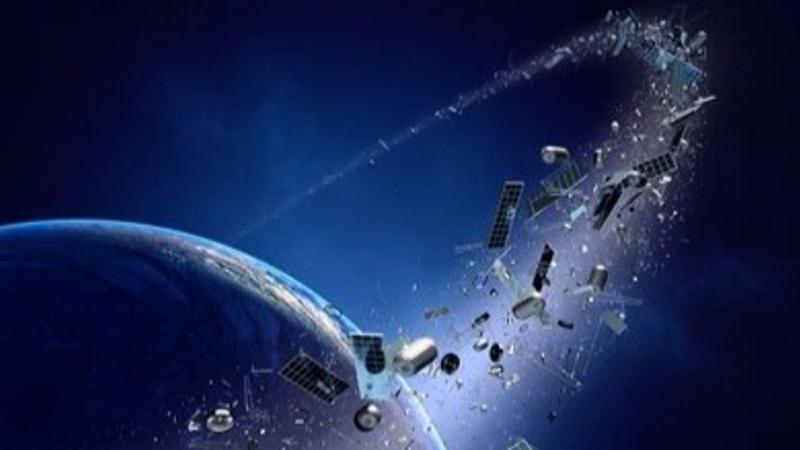Published 18:42 IST, December 2nd 2024
Satellite Congestion: Traffic Jam In Earth's Orbit Raises Concerns For Future Space Exploration
A traffic jam in Earth's orbit has been observed due to growing congestion of satellites in Low Earth Orbit (LEO), posing a threat to future space activities

A traffic jam in Earth's orbit has been observed due to increasing congestion by the satellites in Low Earth Orbit (LEO), which poses a significant threat to the sustainability of space activities in the near future. According to the experts, it is alarming that a lack of international cooperation in using the orbit, this critical region may soon turn into an unusable region.
Issuing a warning over the issue, the experts said that at present over 14,000 satellites are revolving around Earth. Among them, around 3,500 satellites are inactive. Furthermore, an estimated 120 million pieces of debris from past satellite launches and collisions have scattered in the orbit, which has been rapidly worsening the situation.
In the month of October this year, a United Nations (UN) panel on space traffic coordination emphasised the urgent need for a comprehensive shared database of orbital objects.
The panel's co-chair, Aarti Holla-Maini, director of the United Nations Office for Outer Space Affairs, stated, "There's no time to lose on space traffic coordination. We must facilitate the sharing of information between operators to avoid collisions."
The experts expressed concerns saying that the safety of Low Earth Orbit (LEO) is of utmost importance for global communication, navigation systems, and scientific exploration. However, establishing a centralised system for tracking and managing objects in LEO poses significant challenges. While some countries are willing to share data, others are hesitant due to security concerns related to dual-use satellites that serve both civilian and military purposes.
Recent incidents, such as the Chinese rocket stage explosion in August, scattering debris across LEO, highlight the urgent need for a collaborative approach to ensure LEO's safety and sustainability.
Similarly, a defunct Russian satellite exploded in June, forcing astronauts aboard the International Space Station to take shelter for an hour.
As the commercial space sector expands—exemplified by companies like SpaceX launching thousands of Starlink satellites—the potential for collisions increases.
Projections indicate that tens of thousands more satellites could enter orbit in the coming years, leading to an estimated financial risk of $556 million over five years due to potential collisions.
Industry leaders stress that immediate action is necessary to develop enforceable regulations similar to those used in air traffic management.
The UN panel aims to present its findings at a committee meeting next year, emphasising that global cooperation is essential to ensure the safety and sustainability of space activities as human presence in LEO continues to grow.
Updated 20:59 IST, December 2nd 2024



